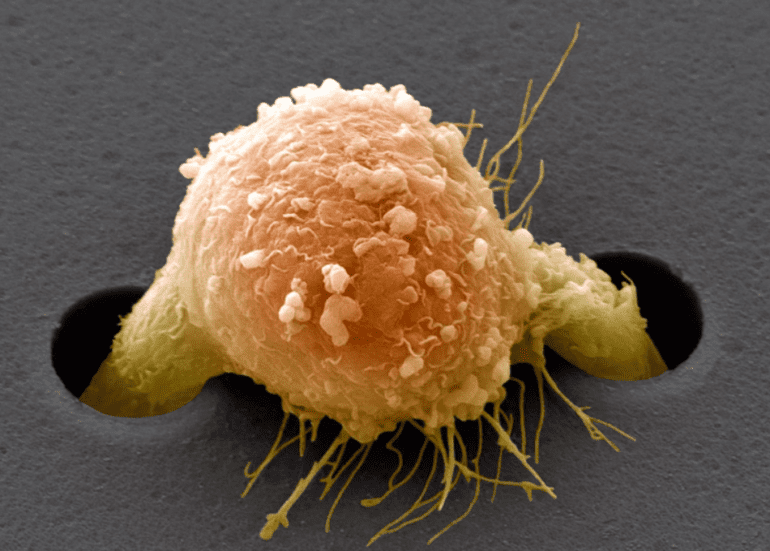- AI tools surpass pathologists in identifying the origins of metastatic cancer cells.
- A study by Tianjin Medical University showcases AI’s potential in improving cancer diagnosis and treatment.
- The deep-learning algorithm achieves 83% accuracy in predicting tumor origins, with 99% likelihood in the top three predictions.
- AI model outperforms human pathologists, offering streamlined diagnostic process and potential prognostic insights.
- Integration of AI with other data sources could further enhance cancer management strategies.
Main AI News:
Cutting-edge technology is revolutionizing the fight against elusive metastatic cancers, uncovering their origins with unprecedented accuracy. A groundbreaking artificial intelligence (AI) tool has emerged as a game-changer, surpassing the capabilities of traditional pathologists in pinpointing the roots of cancer cells that have stealthily spread throughout the body. This transformative advancement, detailed in a recent study published in Nature Medicine, holds immense promise in enhancing the diagnosis and treatment of late-stage cancer, potentially extending precious lives.
The significance of this breakthrough cannot be overstated. Faisal Mahmood, an expert in AI applications within healthcare at Harvard Medical School, highlights the profound impact of this AI-driven approach. Mahmood emphasizes that the newfound capability serves as a crucial assistive tool for medical professionals, empowering them to make more informed decisions in the complex realm of cancer treatment.
Metastatic cancers pose a formidable challenge to physicians, demanding precise knowledge of their origins for effective intervention. Yet, a notable portion of these cancers defy conventional diagnostic methods, leaving patients with uncertain prognoses and limited treatment options. Enter the pioneering work of Tian Fei, Li Xiangchun, and their team at Tianjin Medical University (TMU) in China.
At the heart of their innovation lies a sophisticated deep-learning algorithm trained on a vast repository of cell images extracted from fluid samples of individuals with known primary tumors. This AI model underwent rigorous testing, demonstrating an impressive 83% accuracy in predicting the source of metastatic tumors, with a remarkable 99% likelihood of including the correct origin among its top three predictions.
The practical implications of these findings are profound. By furnishing clinicians with a prioritized list of potential tumor origins, the AI model streamlines the diagnostic process, minimizing the need for invasive procedures and expediting treatment decisions. Notably, the model’s scope encompasses a diverse array of common cancer sources, including the lungs, ovaries, breasts, and stomach, offering invaluable insights into a wide spectrum of metastatic scenarios.
Crucially, the AI model exhibited superior performance compared to human pathologists in predictive accuracy, marking a significant leap forward in cancer diagnostics. Moreover, retrospective analysis revealed a compelling correlation between the model’s predictions and long-term patient outcomes, underscoring its potential as a prognostic tool in clinical settings.
Looking ahead, Mahmood advocates for a synergistic approach that integrates AI insights with complementary data sources, such as tissue samples and genomic data, to further refine cancer management strategies. By harnessing the collective power of technology and medical expertise, the quest to unravel the mysteries of metastatic cancers enters a new era of possibility, offering hope to countless individuals facing this formidable adversary.
Conclusion:
The emergence of AI-driven diagnostic tools represents a significant paradigm shift in the healthcare market, particularly in cancer diagnosis and treatment. With the ability to accurately identify the origins of metastatic cancers, these technologies not only streamline clinical workflows but also hold promise for improving patient outcomes. As healthcare providers increasingly embrace AI solutions, we anticipate a transformative impact on cancer care delivery, underscoring the growing intersection of technology and medicine in addressing complex healthcare challenges.

